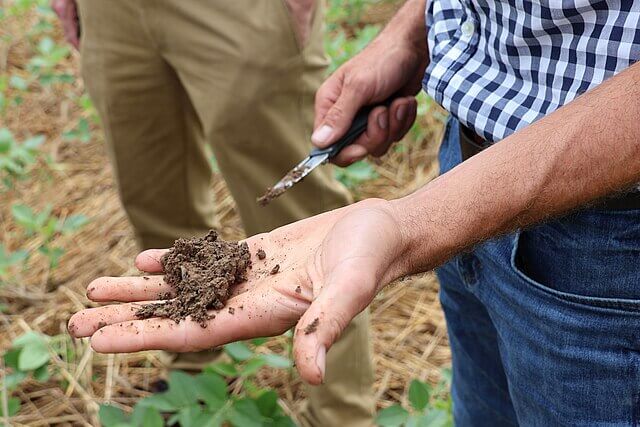
The degradation of nature in the UK could cut nearly 5% from the country’s GDP unless the private sector does more to halt the decline, experts have warned.
In contrast, investing in nature can generate strong economic returns across industries ranging from construction and manufacturing to food production, according to a report by the Green Finance Institute (GFI) and WWF.
Yet many businesses remain slow to adapt, either failing to change their practices or lacking awareness of how their activities impact nature and the climate.
The WWF economist Vassilis Gkoumas said: “A real plan to save UK nature must bring the private sector with it. Many businesses want greater clarity around how they can contribute to the transition. Now we need more to come forward.”
One proposed solution is for companies to adopt so-called nature-positive transition pathways (NPPs) – frameworks that commit firms to measurable environmental improvements, supported by government policy. The report concludes that such measures could make a significant contribution to meeting the UK’s net zero and biodiversity targets, including the goal of halting species decline by 2030.
Steve Reed, the environment secretary, said encouraging private sector investment in nature restoration was vital to the government’s growth strategy. He confirmed that a new national plan for nature and the environment, due to be published this autumn, would outline how NPPs and other initiatives could boost the economy while also improving public health and wellbeing.
“Thriving nature is the foundation of everything this government wants to achieve,” he said. “We are working with industry leaders to drive private investment, including through the development of NPPs. These will enable UK businesses to harness the economic opportunities that come from restoring and protecting our natural environment to deliver strong and sustained economic growth, which is this government’s number one mission.”
The report, Business Investment in Nature: Supporting UK Economic Resilience and Growth, identified 40 successful examples of NPPs in practice and noted that 28 companies have already committed to implementing them.
Wates Group, a construction and property developer, has pledged to increase biodiversity on its sites by 20%, is reviewing its supply chain for stronger environmental safeguards, and requires that ecological impacts are factored into commercial decisions.
Cressida Curtis, the group sustainability director at Wates, said: “The built environment has a huge impact on nature – both through construction sites and the supply chain, which extracts around half the world’s natural materials. That means that if we shift how we operate to adopt regenerative practices, we can make a huge positive difference.”
The costs of inaction are already high. Soil degradation alone drains around £1.4bn from the UK economy each year, the report found. In response, Velcourt – one of the UK’s largest farm management companies – has adopted high-resolution soil mapping with satellite imagery and weather data to optimise crop yields.
Food production is also under strain, with one in 20 dairy farms ceasing operations in 2023, largely due to inflationary pressures. However, the report highlights how nature-positive practices can help reverse this trend. First Milk, a cooperative of 700 regenerative dairy farmers, awarded members an average premium of £5,200 in 2023 – equivalent to 7% of a typical dairy farm’s income – for adopting regenerative methods. These practices cut water use by 5.5% and energy consumption by 6%, while boosting sales by 38% to £456m.
The authors identified dozens of similar examples where private sector initiatives to conserve natural resources delivered both financial and environmental benefits.
Charlie Dixon, associate director at the GFI, said ministers should now provide clearer guidance to encourage wider corporate uptake of NPPs.
“The empirical evidence is clear that business investment in nature is a powerful engine for economic growth,” he said. “UK businesses are keen to contribute to the delivery of the UK’s nature targets, but need better guidance and coordination in order to do so.”
The report forecasts that nature loss will reduce UK GDP by 4.7% this decade, rising to an estimated 12% by the 2030s if current trends continue.
——————————————————————————
At Natural World Fund, we are passionate about restoring habitats in the UK to halt the decline in our wildlife.

